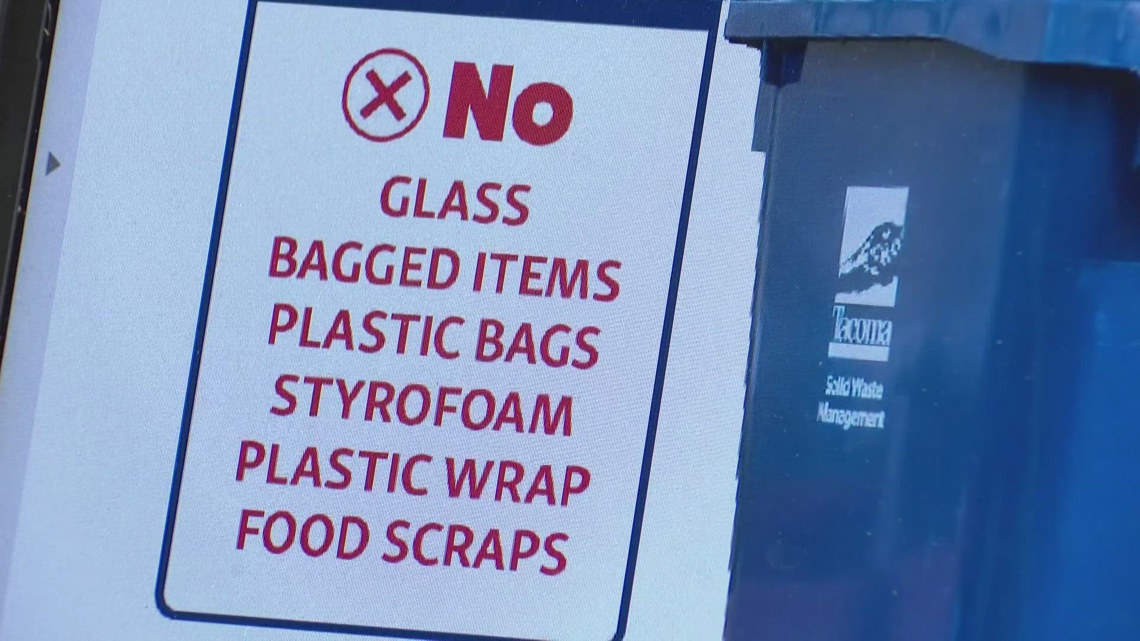
Tacoma tests AI cameras to cut recycling mistakes
作者:Author: Conner Board
The city says the goal is to educate people on what can be recycled, and what cannot.
TACOMA, Wash. — The City of Tacoma has launched a pilot program using AI-equipped smart cameras on recycling trucks to reduce contamination in curbside bins.
The city says the goal is to educate people on what can be recycled, and what cannot.
As of Aug. 4, one recycling truck is equipped with the cameras. By the end of the year, the city hopes to have seven trucks using the technology.
The cameras, mounted on recycling trucks, photograph the serial number on a bin before it is emptied. If a contaminant is detected after the contents are dumped into the truck, the system takes a photo of the material.
“It can see in real time what materials are actually being dumped into the truck,” said Preston Peck, a senior sustainability analyst with Tacoma Environmental Services.
Within three to five business days, homeowners receive a postcard showing the photo and explaining the recycling error.
City data shows 22% of items placed into Tacoma recycling bins should not be there.
"There's a lot of confusion out there in the world with what's accepted in recycling and what's not,” Peck said.
The two-year pilot program runs through May 2027 and is funded by a $1.8 million federal grant from the Environmental Protection Agency’s Recycling Education and Outreach Grant Program.
“This project in particular, right now, we're just focusing on plastic bags and bag recyclables,” said Peck. Plastic bags are one of the top contaminants in the city’s recycling stream. The program will expand to other materials later.
Peck said the Prairie Robotics cameras are programmed to avoid capturing identifying details, such as license plates, faces, and brand names. “It’s blurred when it comes to us,” he said.
The city maintains a dashboard to track contamination hotspots and the number of violations detected. On Aug. 8, for example, the truck equipped with cameras collected recycling from 600 households and found 90 mistakes.
“We're constantly trying to educate residents on how to be better recyclers because that reduces our overall contamination with our processors,” Peck said. “If we can reduce that, we can reduce our overall cost to recycle in Tacoma.”
City officials will review the program in June 2027 to decide whether it should continue.
